Τhe Greek Open Schooling Network in action
From October to December 2025, the Greek Open Schooling Network (OSN) entered an active phase through a series of online meetings that brought together a...
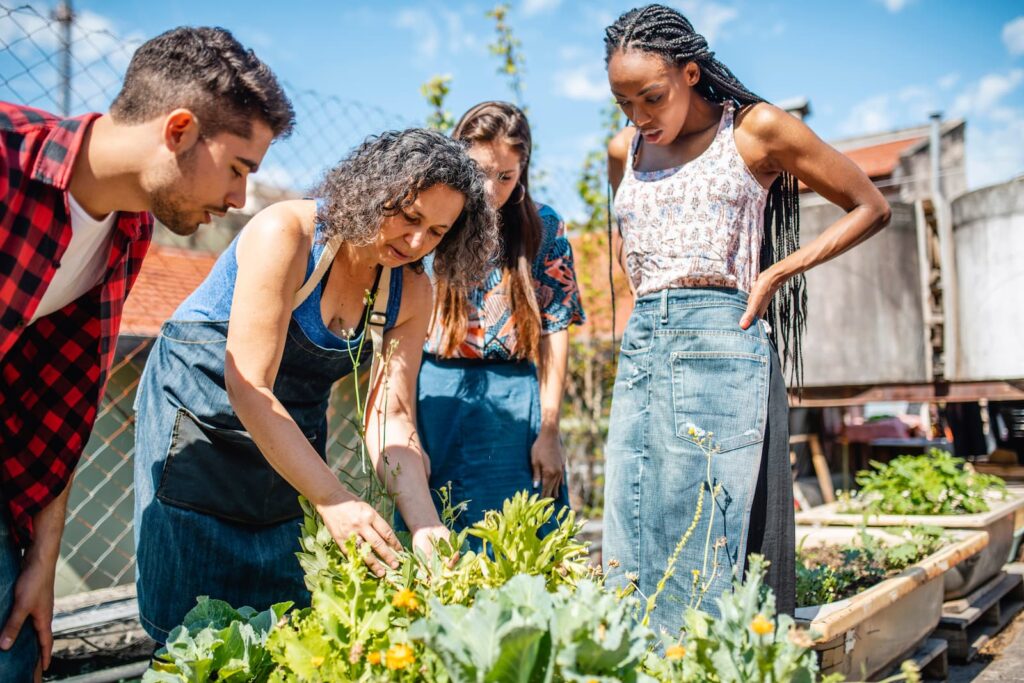
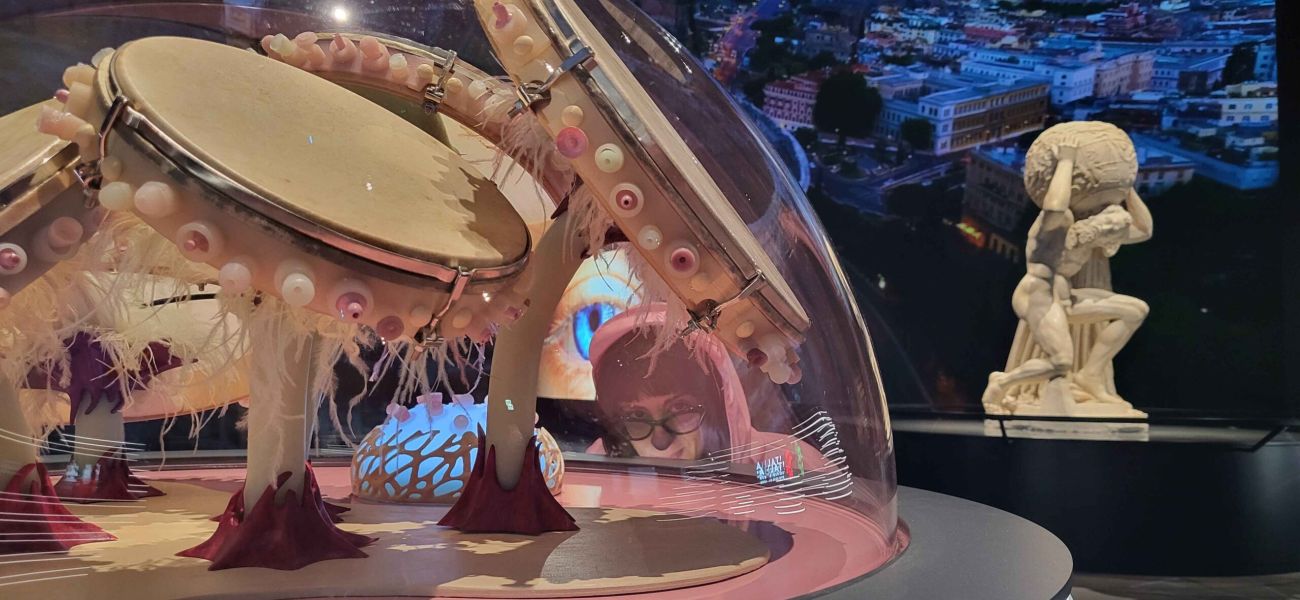
A FEDORAS event as a practice of cultural transformation in education
On November 6th, in the Prodi Hall of the San Giovanni in Monte complex in Bologna, a special event of the FEDORAS – Teacher Academy project was held. The event was also organized as a moment of reflection and as the inauguration of the academic year for the Curriculum in Didactics, History, and Epistemology of Physics within the Physics Degree Programme at the University of Bologna.
The meeting aimed to be a space of exchange and dialogue among universities, schools, and research communities committed to rethinking education.
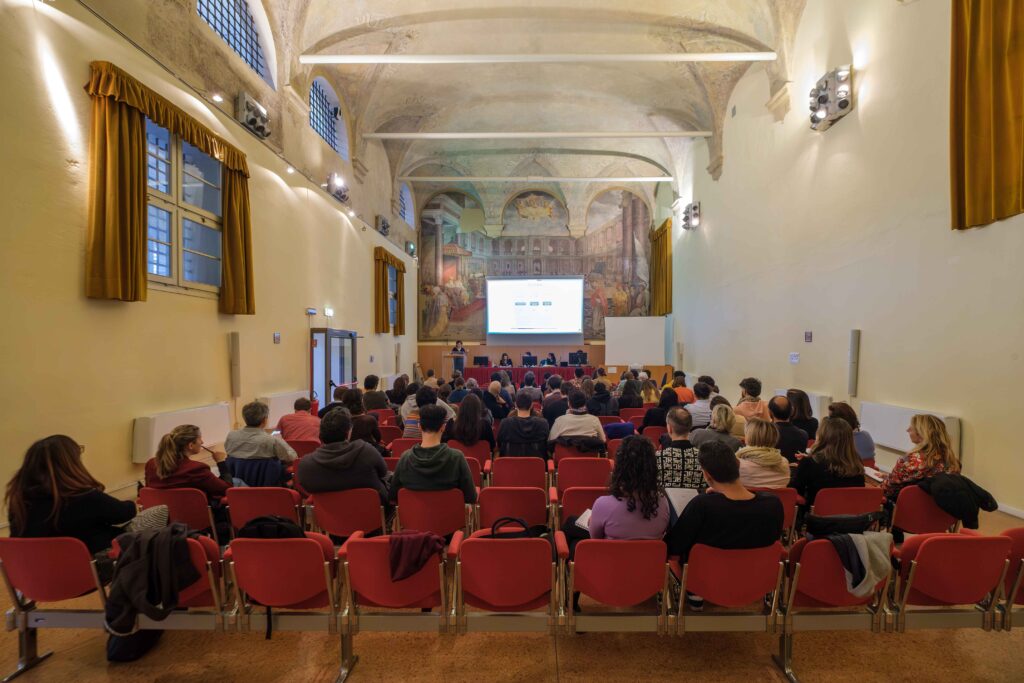
Photo by Giorgio Lulli
FEDORAS: regenerating knowledge, imagining alternatives
As introduced by Olivia Levrini (coordinator of the project and of the curriculum in the history, epistemology, and didactics of physics), FEDORAS is a follow-up of the European H2020 FEDORA project, which explored how themes related to the future, interdisciplinarity, and new languages can become pathways for realigning curricular knowledge with the needs of a society undergoing profound transformation.

Photo by Giorgio Lulli
At the heart of FEDORA and, today, of FEDORAS, lie three fundamental convictions:
The event held on November 6th was built around these principles, as an experience of renewing one’s gaze: a cultural workshop for rethinking the relationship between knowledge, education, and society.
Datapoiesis and Machines for Sense-Abilities: The Art of Oriana Persico
At the heart of the meeting was the talk by Oriana Persico, artist, theorist, and co-founder of HER: She Loves Data, a research center that explores the shared territories among art, data, technology, and ecology. Her talk, “Datapoiesis. New sense-abilities toward the environment and complex phenomena: data as an aesthetic phenomenon,” opened up a radical horizon of reflection: one in which data cease to be mere numbers and become living cultural material—tools for connection and for sensitive, experiential engagement.

Photo by Giorgio Lulli
In Persico’s work, data are not objects to be analyzed, but languages to be inhabited. Through projects such as pneumOS and UDATINOS, the artist creates “machines for sense-ability”: devices capable of expanding human perception, inviting us to breathe, react, and interact with data on air and water quality, ultimately fostering empathy and care for the relationships among human beings, the environment, and technology.
The experiences generated by these aesthetic machines transform the way we perceive the world and relate to it: cultural devices that produce awareness and responsibility, opening up an ecological vision of data.
From this perspective, datapoiesis is both an artistic and a political act: a process in which data and artworks become cultural totems around which collective rituals are formed, gathering communities around shared values.
Here, art becomes a ritual of care and regeneration, capable of transforming the extractive logic of data — based on efficiency and control — into a practice of relation, attention, and responsibility.
Changing the way we look at assessment: data as aesthetic phenomena, totems, and ecological catalysts
As Sara Satanassi (University of Bologna) emphasized, Oriana Persico’s talk provided an opportunity to initiate a participatory discussion in which teachers, researchers, and students explored together whether—and how—her perspective on data might inspire a new way of looking at assessment.

Photo by Giorgio Lulli
Assessment is indeed a delicate issue for both schools and universities: it is often the point where innovation and the search for meaning collide with institutional forms.
In FEDORAS, however, assessment is seen as a generative practice, to be approached in an integrated way by aligning:
The creative risk taken in the final part of the event was to let Persico’s gaze on data guide a deep rethinking of evaluation — in the belief that regenerating classroom practices also means becoming aware of the quality and meaning of the data produced in educational rituals, inside and outside school, and of the values conveyed when they are chosen, processed, and used.
In this view, the quality of data and of the rituals surrounding them is what gives value to evaluation.
To guide the collective reflection, participants imagined themselves as evaluators of one of Persico’s works, reflecting on the three central dimensions of evaluation in FEDORAS:
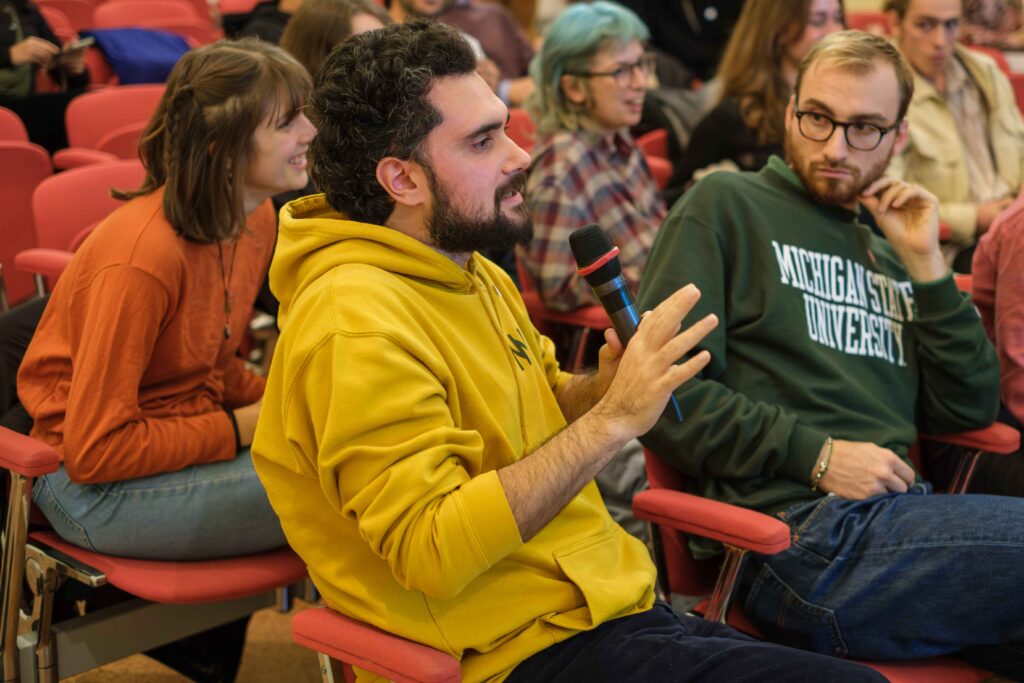
Photo by Giorgio Lulli
The rich contributions from both pre-service and in-service teachers showed how urgent it is to return to these fundamental questions.
In the language of FEDORAS, regenerating assessment means transforming the way we look at data—moving from the extractivist logic of calculation–efficiency–control to one of care: a cultural transition that engages teachers, students, and institutions together.
New perspectives and connections
The event was also an opportunity to announce the publication of Gianni Zanarini’s book Spiegare il mondo. Creare mondi, published by FormatBO: a volume aimed at pre-service and in-service teachers that offers new perspectives on education, grounded in complexity and information.
Conclusion: changing the way we look at data to change the culture of education
The meeting offered an important opportunity to connect different communities engaged in teacher education and educational research.
The experience took shape as a rite of passage for the FEDORAS community: a moment of collective reflection aimed at learning to see differently.
Through her art, Oriana Persico opened up the possibility of a pedagogy of data, in which information is not a tool of power but a form of sensitivity; technologies are not instruments of control but machines for sense-ability; and education is not accumulation, but a poetic and political act of regeneration.
Through this event, FEDORAS renews its commitment to promoting a culture of education capable of imagining futures, recognizing complexity, and making schools a laboratory of social innovation.
Acknowledgments
The event was organized by members of the Research Group in Physics Education and History of Physics at the University of Bologna (Sara Satanassi, Giulia Tasquier, Lorenzo Miani, Veronica Ilari, Paola Fantini, Olivia Levrini) in collaboration with members of the Mathematics Education Group at the University of Milan (Laura Branchetti, Miglena Asenova, Luca Lamanna, Sara Gagliani Caputo, Lorenzo Pollani) involved in the FEDORAS project.
We would like to thank all participants, the FEDORAS partner schools (Liceo “A. Einstein,” Rimini; Istituto di Istruzione Superiore “A. Baracca,” Forlì), the Network of Mathematical High Schools in Milan, and the students of the Department of Physics and Astronomy “A. Righi” in Bologna.
A special thank you goes to Gianni Zanarini and the FormatBO publishers, Simonetta Simoni and Giuseppe Feltrin, for their contribution to the event, and to Giorgio Lulli for the photographic service.
…
From October to December 2025, the Greek Open Schooling Network (OSN) entered an active phase through a series of online meetings that brought together a...

On October 23 and 24, the University of Girona hosted a key milestone in the FEDORAS Teacher Academy. FEDORAS partners from the different European institutions,...

November 2025 The FEDORAS Academy project FEDORAS is a new European Teacher Academy that seeks to create open and collaborative spaces where researchers, teachers, and...
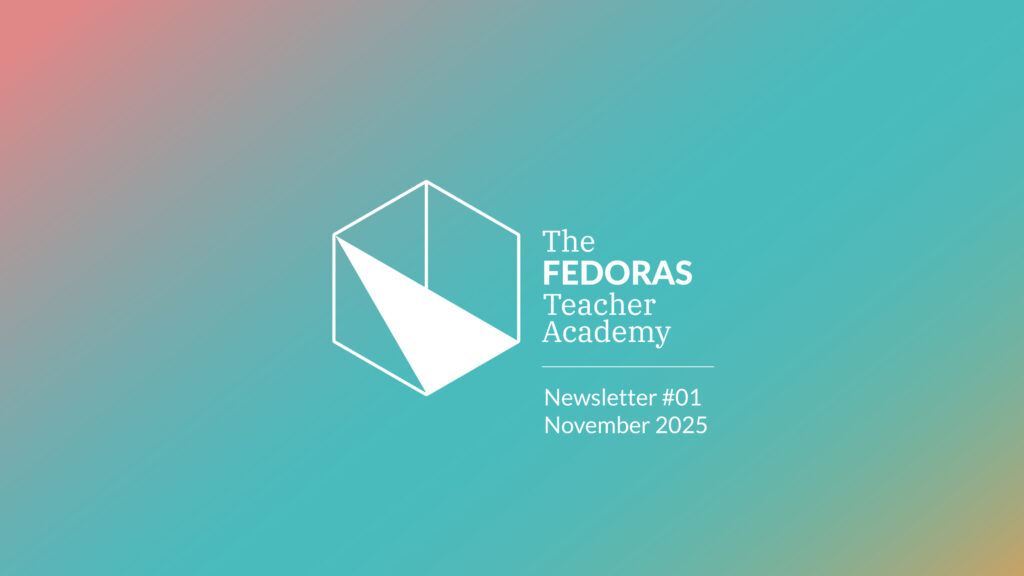
On November 3, the Finnish research team of the FEDORAS Teacher Academy organized a second local Open Schooling network meeting for science teachers on Zoom. While...
